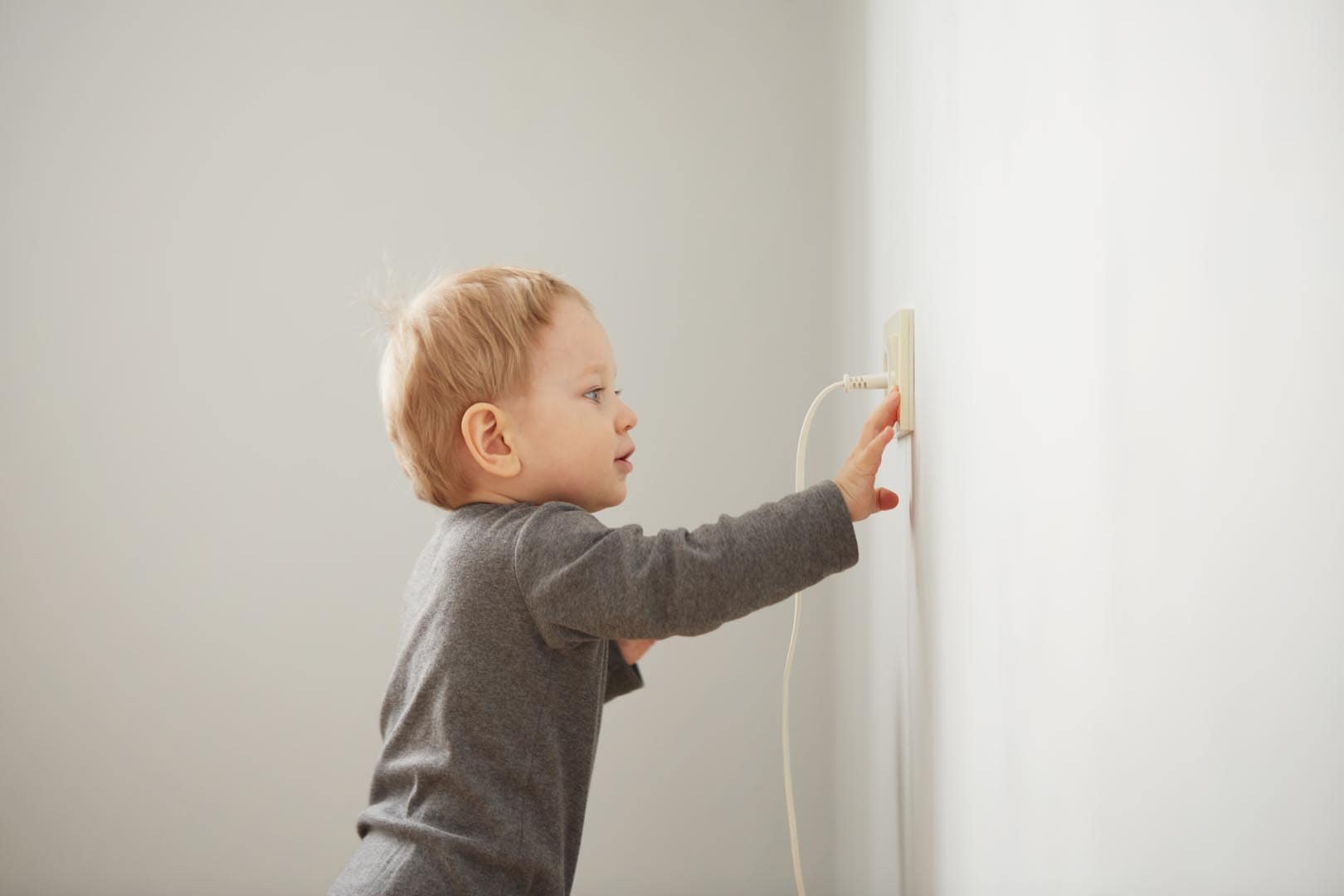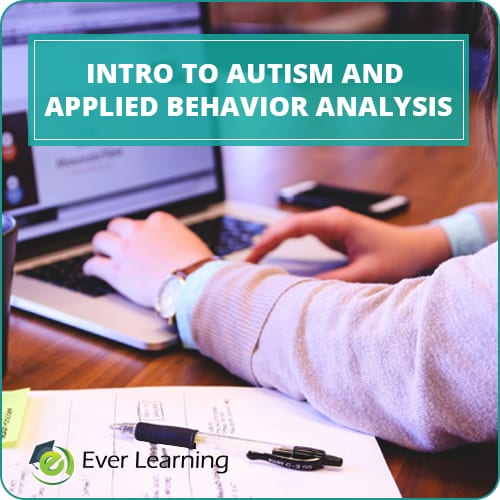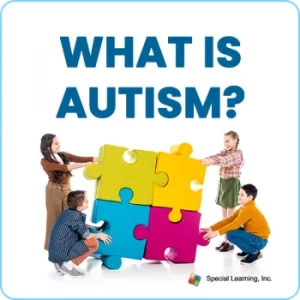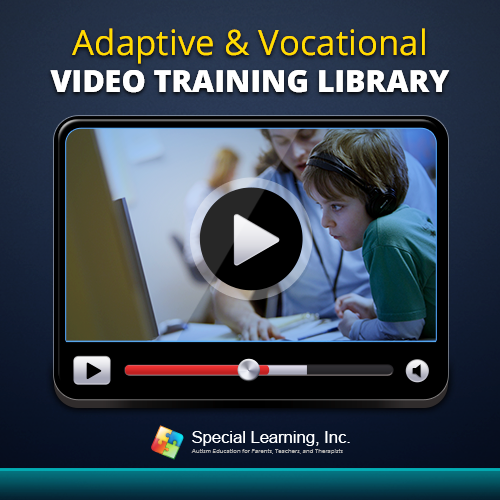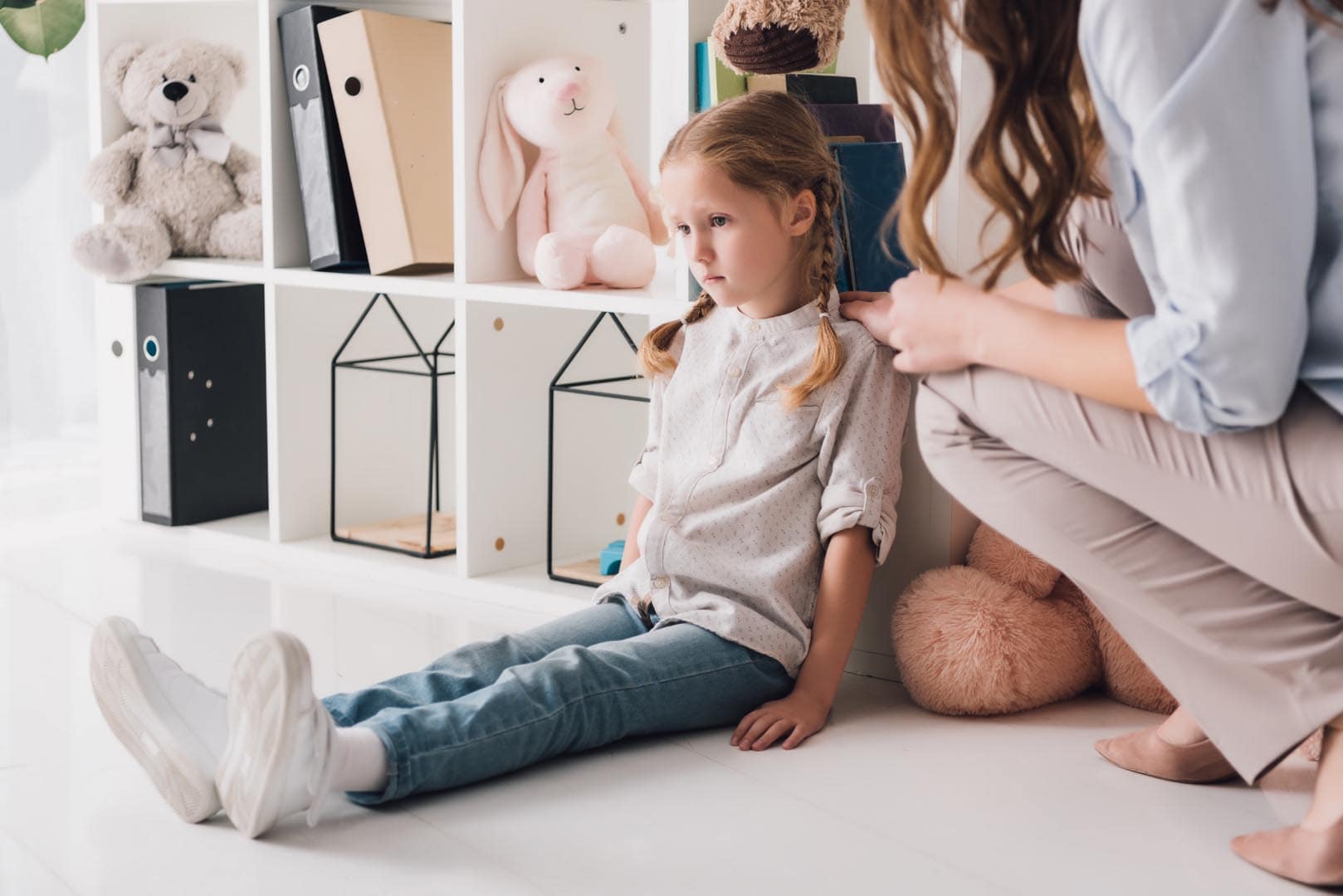Routines and Rituals Performed by Children Diagnosed with Autism
Many routines and rituals are harmless and are necessary for our day-to-day living. Normal routines and rituals, such as washing, tooth brushing, and bedtime rituals, are essential. Performing these tasks at a set time every time is beneficial to young children as it provides a level of predictability and security.
Routines and rituals are even more important to children diagnosed with autism as this help create structure in a world that appears chaotic and unpredictable to them. A change in routine can cause a child with autism to become very distressed, as the child needs that routine to feel safe and secure. This distress can result in aggressive behaviors or tantrums as the child struggles to try and maintain some control and familiarity in his environment. It is therefore important to prepare the child ahead of time of certain changes or changes that may occur in his routine. This will greatly reduce any risk of distress or tantrums in the child.
Some rituals, however, can be potentially harmful such as poking fingers in electrical sockets or attempts of swinging from a ceiling light. One way of dealing with this is to distract or divert the child\’s attention away from the ritual and to find another point of interest that your child can focus on.
A way of incorporating a healthy everyday routine or ritual into the life of a child with autism is by gradually introducing a sequence or series of steps into the routine. This helps the child focus on one thing at a time and helps him slowly build on the previous steps until it becomes a complete series of steps. These essential routines help the child acquire the essential life skills needed to adjust to and fit in his surroundings and be independent.
